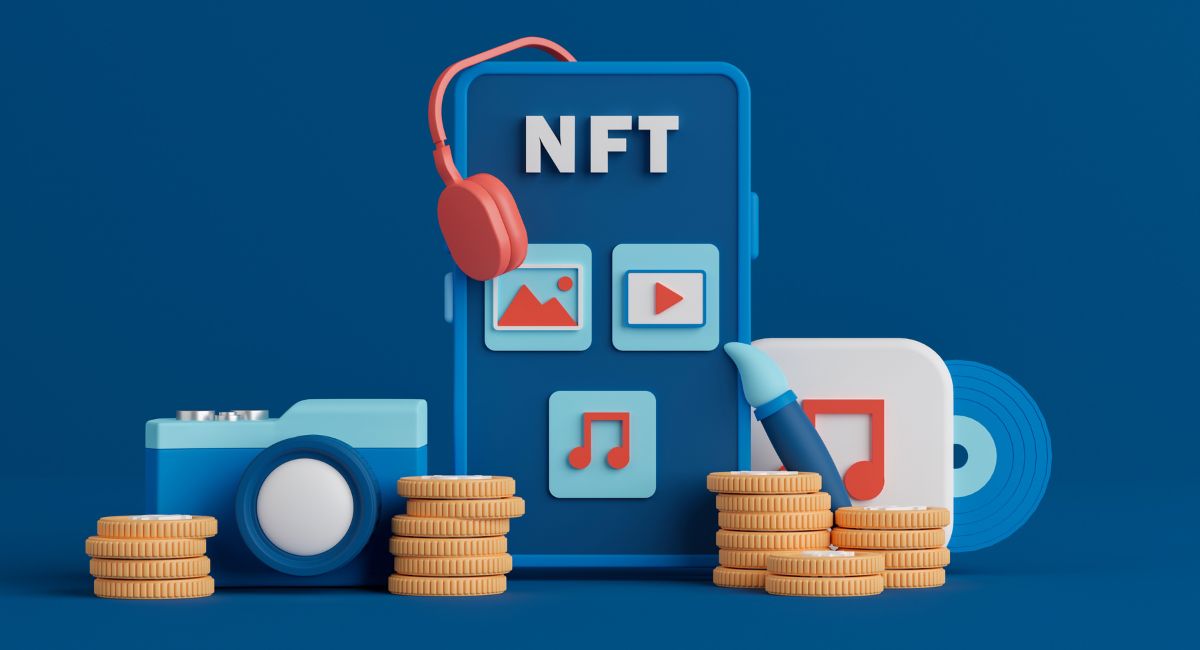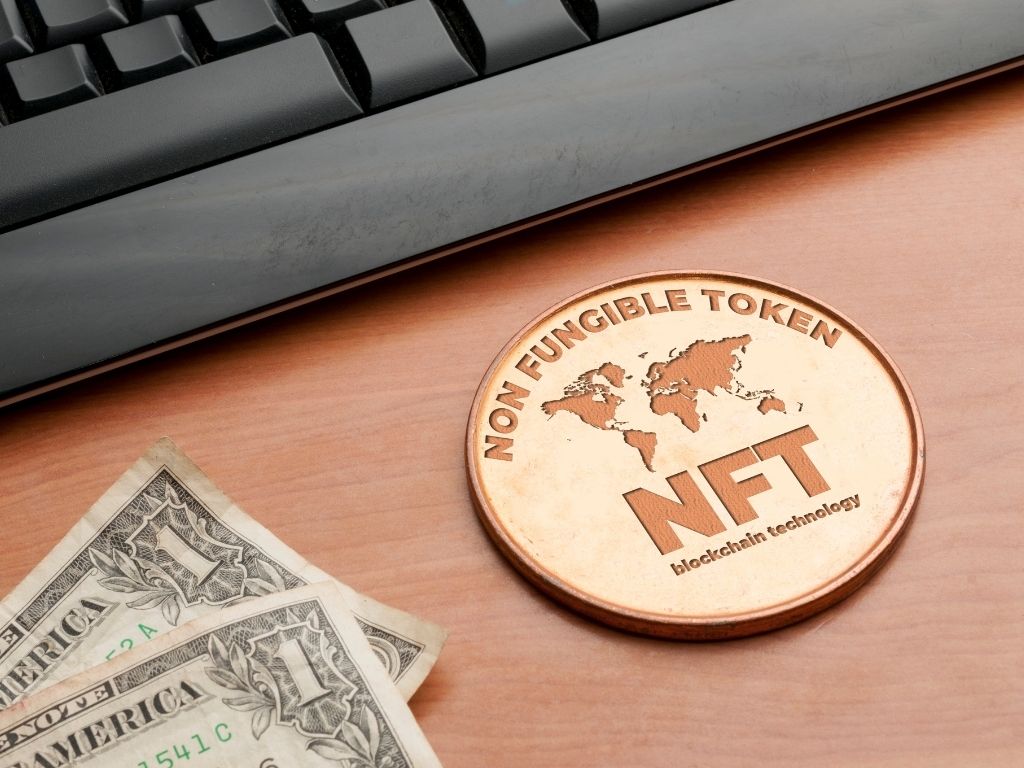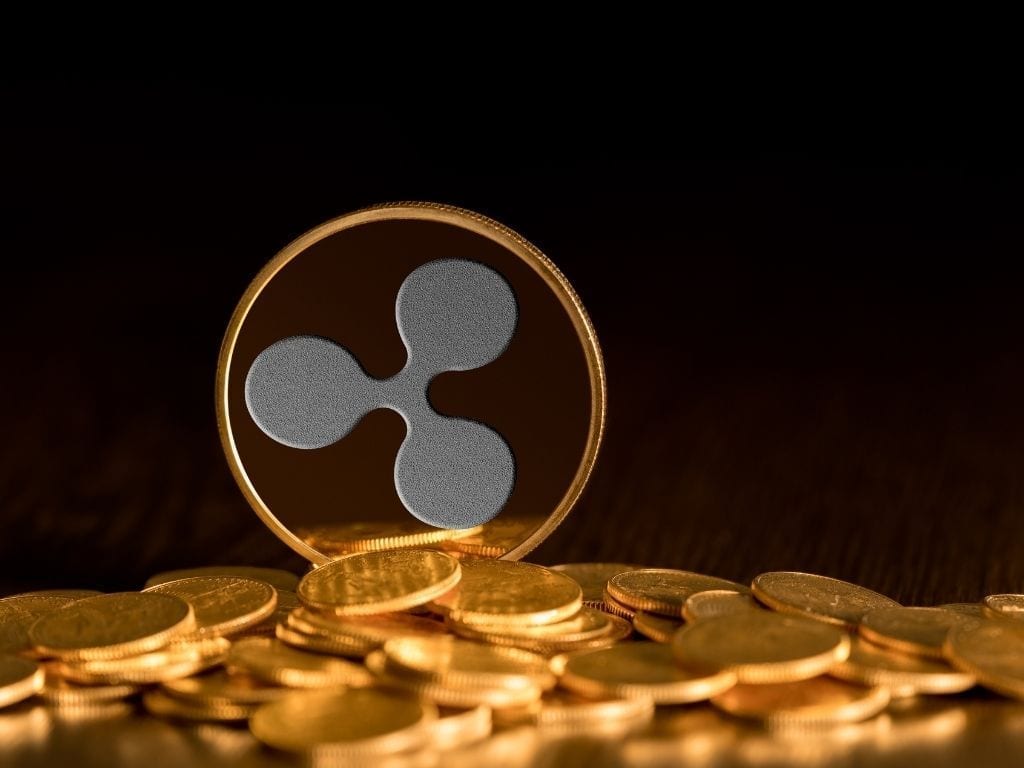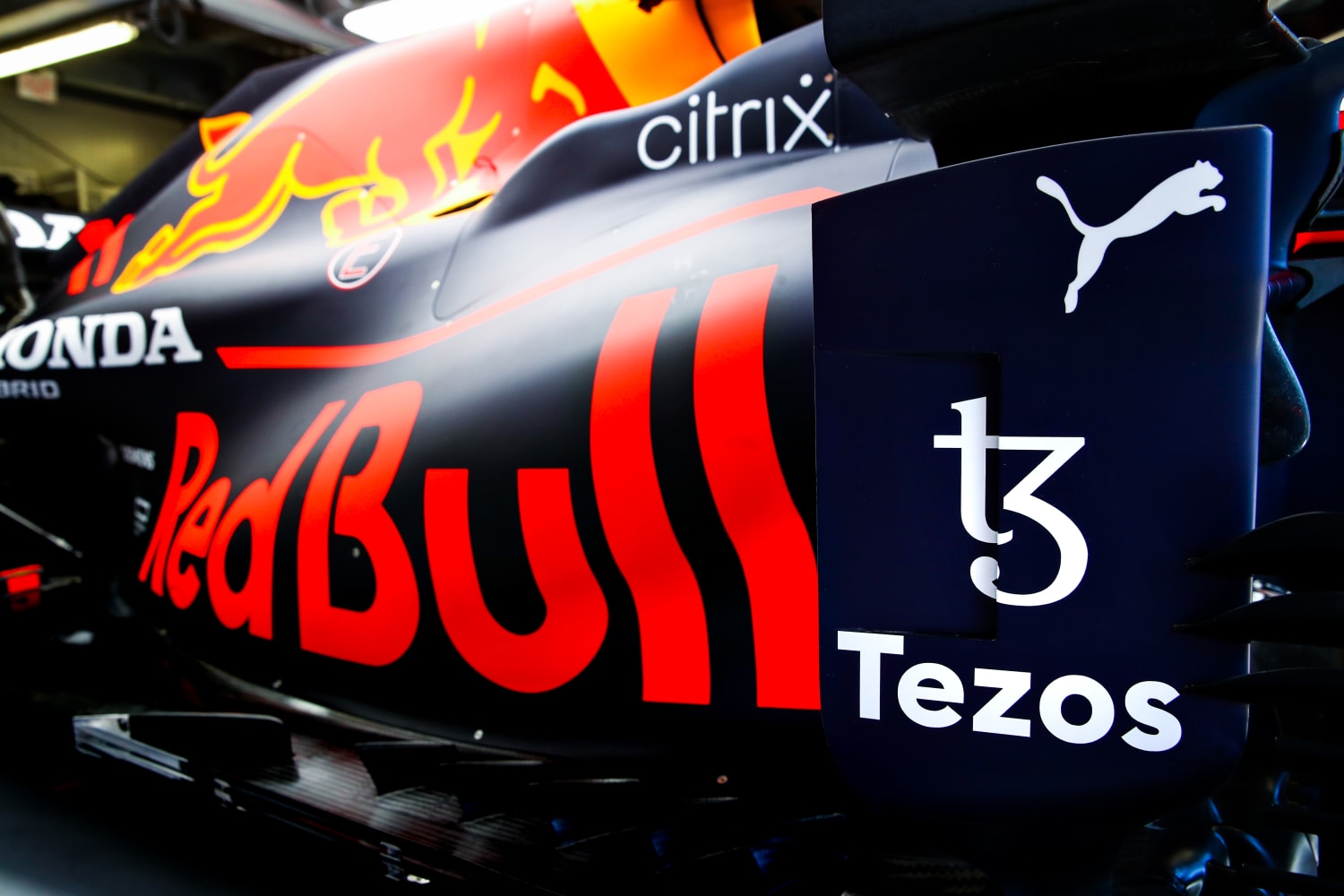Top 10 Brands Investing In NFTs For Monetization Opportunities
In recent years, the world of finance and technology has witnessed a remarkable emergence of Non-Fungible Tokens (NFTs). These digital assets, built on blockchain technology, have revolutionized various industries, including art, music, gaming, and more. However, an increasingly compelling case is being made for brands to enter the NFT space, investing in NFTs as a means of reaping unique benefits and enhancing their brand presence in the digital age.
Understanding NFTs: Beyond the Buzz
NFTs are unique digital tokens that represent ownership or proof of authenticity of a particular digital asset. Unlike cryptocurrencies such as Bitcoin or Ethereum, which are fungible and can be exchanged on a one-to-one basis, NFTs are non-fungible, meaning each token is distinct and cannot be directly exchanged for another NFT on a like-for-like basis.
The allure of NFTs lies in their ability to create scarcity and ownership in the digital realm. This has led to an explosion of interest from creators, artists, musicians, and now, brands.
Why Brands Should Invest in NFTs
1. Novel Brand Engagement
Brands are constantly seeking new and innovative ways to engage with their audience. Investing in NFTs provides a fresh channel for brands to interact with their customers. By minting and offering branded NFTs, companies can offer their loyal consumers unique and limited digital collectibles, forging a deeper connection.
2. Enhanced Brand Loyalty
NFTs have the potential to reward loyal customers in unprecedented ways. Brands can use NFTs to provide exclusive access to events, products, or experiences to those who hold specific tokens. This level of personalized engagement can foster long-lasting brand loyalty.
3. Authentic Storytelling
NFTs enable brands to share their stories in a novel and interactive manner. Each NFT can represent a part of the brand’s journey, values, or iconic moments. This provides a new medium for authentic storytelling that resonates with digital-savvy audiences.
4. Monetization Opportunities
Investing in NFTs isn’t just about spending; it’s also about potential revenue streams. Brands can create NFTs that appreciate in value over time, creating a secondary market for their digital assets. This can be particularly enticing for brands looking to diversify revenue streams beyond traditional products and services.
5. Tapping into Cultural Trends
The NFT space is inherently tied to cultural trends and movements. By investing in NFTs, brands can align themselves with cutting-edge digital culture, positioning themselves as forward-thinking and relevant entities.
Also, read – What Are The Major Effects Of NFTs On Society?
Top 10 Brands Investing in NFT Landscape
In the rapidly evolving world of non-fungible tokens (NFTs), several prominent brands have stepped into the arena, leveraging this innovative technology to engage with audiences in unique and compelling ways. From sportswear giants to luxury brands and even renowned publications, NFTs have captured the attention of a diverse range of industries. Let’s take a closer look at some of these notable brands and their endeavors in the NFT space.
1. Nike: Pioneering the NFT Journey
Nike, a global leader in sportswear, has established a significant presence in the NFT landscape. With a total NFT revenue of approximately $183.69 million and royalties amounting to $90.59 million, Nike stands out as a trailblazer in this realm. One of the distinctive aspects of Nike’s approach is its acquisition of RTFKT Studios, a digital asset creator. This strategic move allowed Nike to delve into NFT offerings, propelling them into the metaverse conversation.
Among the standout NFT offerings by Nike are CloneX avatars and Cryptokicks sneakers. CloneX, a creation of RTFKT Studios, serves as a bridge toward Nike’s presence in the metaverse, while Cryptokicks sneakers as NFTs signify the brand’s future-oriented mindset. By embracing the metaverse and creating immersive digital experiences, Nike reinforces its commitment to innovation and engagement.
2. Adidas: Stepping into NFT Territory
As a notable competitor to Nike, Adidas has also ventured into the world of NFTs with remarkable success. Earning approximately $10.95 million in total NFT revenue and $4.75 million in royalties, Adidas showcases its ability to make an impact in a relatively short timeframe. The brand’s “Into the Metaverse” NFTs gained significant attention, with all 30,000 NFTs selling out within hours of their release.
Adidas’ collaboration with popular NFT projects such as Bored Ape Yacht Club, Punks Comics, and GMoney has helped solidify its presence in the NFT space. By tapping into the creative potential of NFTs, Adidas demonstrates its commitment to pushing boundaries and connecting with its audience in innovative ways.
3. Tiffany: Bridging the Physical and Digital
Renowned jewelry manufacturer Tiffany has ventured into the NFT landscape, generating approximately $12.62 million in total NFT revenue. Tiffany’s approach involves offering NFTiffs, digital passes that provide access to custom CryptoPunks pendants and relevant NFT art pieces. The collaboration between physical and digital assets through NFTs marks an innovative leap for the brand.
Tiffany’s initiative exemplifies the potential for luxury brands to create digital extensions of their offerings. By marrying tangible and digital elements, Tiffany demonstrates how NFTs can bridge gaps and provide unique value to consumers, enhancing the overall brand experience.
4. Gucci: Navigating the NFT Frontier
Luxury fashion brand Gucci has embraced the world of NFTs with a total NFT revenue of approximately $11.56 million. Gucci’s commitment to NFTs is evident through its participation in NFT projects, including the creation of Gucci Grail NFTs on the Ethereum blockchain. Collaborations with NFT projects like 10KTF showcase Gucci’s intention to expand its presence across diverse projects that leverage NFTs.
Gucci’s involvement in the metaverse, such as its presence in The Sandbox and Gucci Town in Roblox, underscores the brand’s dedication to integrating NFTs into mainstream business applications. By positioning itself as a leader in the NFT space, Gucci paves the way for other luxury brands to explore the potential of NFT technology.
5. Time Magazine: Pioneering NFT Publishing
Time Magazine, a globally recognized publication, has ventured into NFTs with a groundbreaking approach. Launching its first full magazine issue as an NFT, Time has set a precedent for the publishing industry. The TIMEPieces NFT collection, featuring original artwork by over 40 artists, contributed to the magazine’s total NFT revenue of around $10.81 million.
Time Magazine’s innovative approach demonstrates the potential for established brands to leverage NFTs for content distribution. By exploring NFTs as a new medium for reaching audiences, Time Magazine underscores its commitment to evolving alongside emerging technologies.
6. Budweiser: Refreshing NFT Experiences
Beverage giant Budweiser entered the NFT landscape with its Heritage Collection, featuring unique digital representations of beer cans. Generating approximately $5.88 million in total NFT revenue, Budweiser’s venture into NFTs demonstrates its ability to engage consumers through immersive experiences.
Budweiser’s involvement in NFTs also extends to its partnership with VaynerNFT, showcasing its commitment to innovative customer-centric approaches. By exploring NFTs, Budweiser emphasizes the importance of evolving with digital trends to stay relevant and engaging.
7. McLaren: Driving NFT Innovations
Luxury automobile maker McLaren has embraced NFTs with the introduction of MSO LAB, an exclusive digital community. With a focus on collaboration and interactive experiences, McLaren aims to capitalize on the potential of NFTs to create unique brand engagements.
The Genesis Collection of NFTs, distributed through an airdrop to the community, highlights McLaren’s commitment to involving its audience in its NFT journey. By using NFTs to offer behind-the-scenes insights and exclusive content, McLaren showcases the potential of NFTs to enhance brand interactions.
8. Nickelodeon: Nostalgia in the Metaverse
In a surprising move, Nickelodeon introduced the Slimy Seconds NFT marketplace, allowing fans to collect their favorite Nickelodeon characters as NFTs. Collaborating with Recur, an NFT studio, Nickelodeon’s venture into NFTs demonstrates its ability to tap into nostalgia and engage its audience through digital collectibles.
Nickelodeon’s foray into the NFT space reflects its willingness to explore new avenues for brand engagement. By offering unique and collectible NFTs, Nickelodeon appeals to both new and existing fans, creating an innovative channel for interaction.
9. Lacoste: Innovating Through NFTs
Fashion house Lacoste embraced NFTs with its “Undw3” project, symbolizing the transition to web3. By offering NFTs representing its iconic polo shirt, Lacoste aims to foster creative and interactive virtual communities. The NFT collection aligns with Lacoste’s vision of collaboration between fashion and web3.
Lacoste’s NFT venture emphasizes the potential for fashion brands to extend their reach into the digital realm. By embracing NFTs, Lacoste showcases its commitment to evolving alongside technological advancements.
10. Australian Open: Serving NFT Experiences
The Australian Open made its mark in the NFT space by introducing the AO Art Ball NFTs, providing live match data and unique experiences to fans. As the first Grand Slam tournament to enter the NFT landscape, the Australian Open’s NFT venture highlights its willingness to engage fans through digital collectibles.
The Australian Open’s exploration of NFTs demonstrates the potential for sports events to create meaningful connections with their audience beyond traditional avenues. By leveraging NFTs, the Australian Open expands its reach and enhances the fan experience.
As these brands exemplify, NFTs have transcended industries and transformed the way brands engage with their audiences. From sportswear to luxury, publishing to beverage, and beyond, NFTs offer a dynamic canvas for innovation, creativity, and immersive experiences. As brands continue to explore the possibilities of NFTs, the metaverse’s landscape promises to evolve into a richer, more engaging digital realm that bridges the gap between physical and virtual worlds.
Adidas, Coach And Tommy Hilfiger are participating in the Metaverse Fashion Week 2023
Phygitals are a very natural use case for Nfts
Here is what’s happening 🧵👇 pic.twitter.com/qiMEOYDNjc
— SABR.eth (@Sabrx0) March 29, 2023
Conclusion
Investing in NFTs offers brands a unique opportunity to connect with their audience on a deeper level, tell authentic stories, and tap into emerging cultural trends. By carefully navigating the challenges and being mindful of ethical considerations, brands can harness the power of NFTs to unlock new avenues of brand growth and engagement. As the digital landscape continues to evolve, embracing NFTs could prove to be a strategic move that redefines brand-consumer relationships.
Stay informed with daily updates from Blockchain Magazine on Google News. Click here to follow us and mark as favorite: [Blockchain Magazine on Google News].
Get Blockchain Insights In Inbox
Stay ahead of the curve with expert analysis and market updates.
latest from tech
Disclaimer: Any post shared by a third-party agency are sponsored and Blockchain Magazine has no views on any such posts. The views and opinions expressed in this post are those of the clients and do not necessarily reflect the official policy or position of Blockchain Magazine. The information provided in this post is for informational purposes only and should not be considered as financial, investment, or professional advice. Blockchain Magazine does not endorse or promote any specific products, services, or companies mentioned in this posts. Readers are encouraged to conduct their own research and consult with a qualified professional before making any financial decisions.

 Bitcoin
Bitcoin  Ethereum
Ethereum  Tether
Tether  XRP
XRP  Solana
Solana  Dogecoin
Dogecoin  USDC
USDC  Lido Staked Ether
Lido Staked Ether  Cardano
Cardano  TRON
TRON  Avalanche
Avalanche  Toncoin
Toncoin  Chainlink
Chainlink  Wrapped stETH
Wrapped stETH  Shiba Inu
Shiba Inu  Wrapped Bitcoin
Wrapped Bitcoin  Sui
Sui  Hedera
Hedera  Stellar
Stellar  Polkadot
Polkadot  WETH
WETH  Bitcoin Cash
Bitcoin Cash  Hyperliquid
Hyperliquid  LEO Token
LEO Token  Uniswap
Uniswap  Litecoin
Litecoin  Pepe
Pepe  Wrapped eETH
Wrapped eETH  NEAR Protocol
NEAR Protocol  Ethena USDe
Ethena USDe  USDS
USDS  Aave
Aave  Internet Computer
Internet Computer  Aptos
Aptos  Cronos
Cronos  POL (ex-MATIC)
POL (ex-MATIC)  Mantle
Mantle  Ethereum Classic
Ethereum Classic  Render
Render  Bittensor
Bittensor  Monero
Monero  WhiteBIT Coin
WhiteBIT Coin  Artificial Superintelligence Alliance
Artificial Superintelligence Alliance  MANTRA
MANTRA  Dai
Dai  Arbitrum
Arbitrum  Filecoin
Filecoin 



